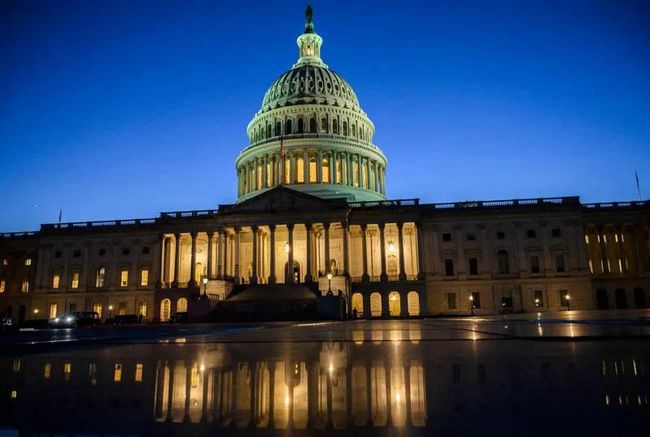The US economy is falling into a recession that could be as severe as the 2008 financial crisis, according to a key consumer index, two leading economists have warned in a joint paper.
It is reported that the University of Michigan (UM) and the World Conference Board (CB) consumer expectations index, can reflect the American people's income forecast, employment status and economic expectations for the future. In 2021, UM is down 18.4 points, CB is down 25.3 points; In 2008, during the global financial crisis, the two indexes fell 21 and 19 points respectively.

David Blanchflower, professor of economics at Dartmouth College, and Alex Bryson, professor of quantitative social sciences at The University of London, The CB and UM consumer-confidence indices tend to predict American recessions up to 18 months in advance; The CB and UM consumer confidence indices have fallen by more than 10 percentage points in every US recession since the 1980s, sending a clear warning signal that the US will be in recession by the end of 2021.
Messrs. Blanchflower and Bryson say the two indexes provide an instant snapshot of market conditions that will help them understand the state of the economy. Gross domestic product is nearly a year behind, they argue, and unemployment figures are skewed by unpaid leave. The Biden administration intervened in the labor market in a way never seen before, leading to a rapid recovery in the unemployment rate, but consumer expectations have declined significantly over the past six months even as employment and wages have grown, the study said. Consumer confidence in the US has now largely collapsed, suggesting the US is entering a recession, they said.
Mr Blanchflower and Mr Bryson say: "It is certainly possible that these indices could misfire, but in 2007 economists and the government missed these variables at great cost. We hope we don't make the same mistake this year and we have to be careful about these quantitative trends."

After the peak of COVID-19, the rapid expansion of the global economy, the large bailout of the US federal government and higher wages mean that there will be huge consumer demand. However, enterprises are faced with the problem of lack of labor and materials, and when the supply chain crisis will be lifted is still unknown.
The paper predicts that fears related to COVID-19 persist and continue to hamper economic growth, with people still fearful of contracting the virus on their commutes and in the workplace. They say the emergence of the Delta variant has heightened those concerns.




